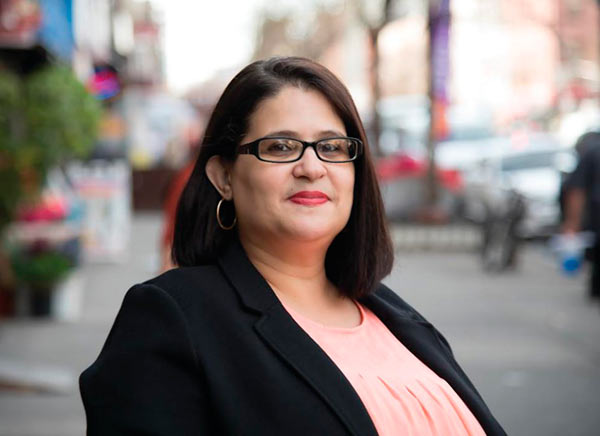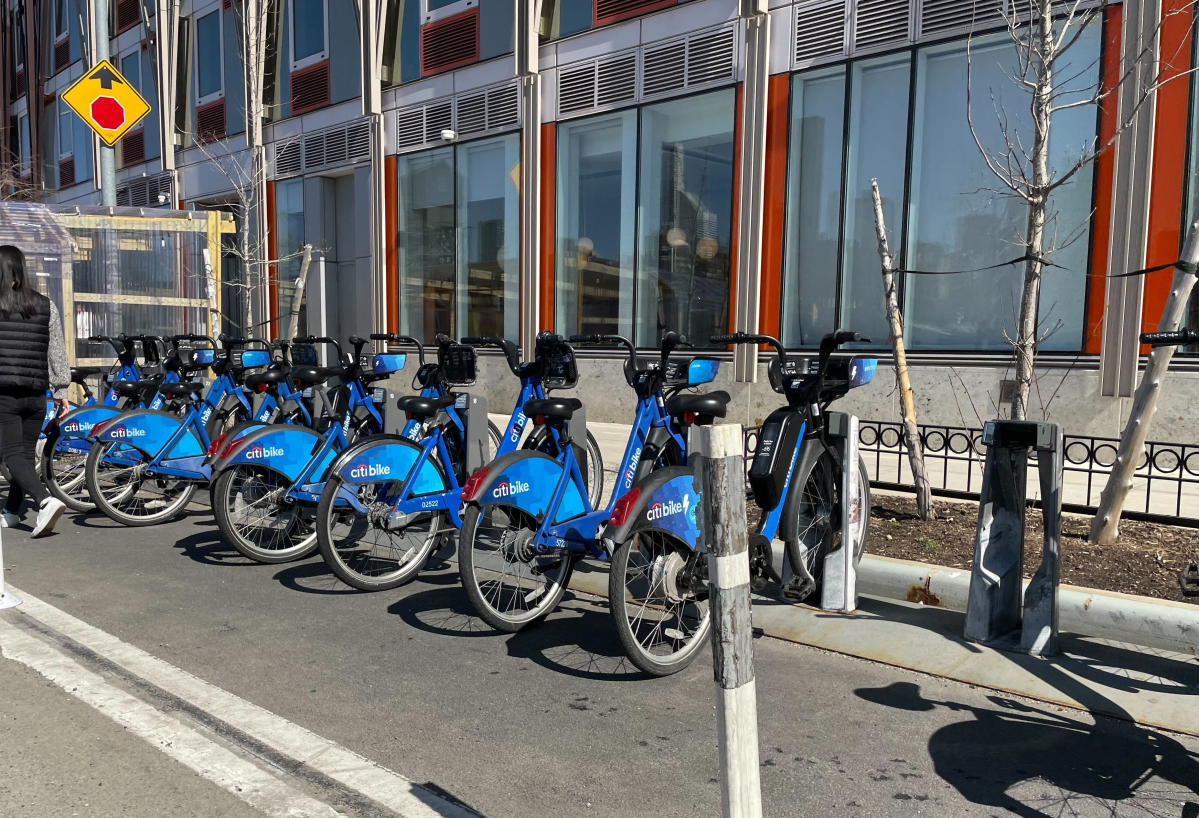City Council members Diana Ayala and Francisco Moya announced legislation Tuesday aiming to provide better wages and training to security officers working at privately run homeless shelters in NYC.
In a meeting chaired by 32BJ—a branch of Service Employees International Union, NYC—Vice President Denis Johnston, the council members shared their proposal to equalize the working conditions and compensation of privately run shelter employees to the level of their city-run counterparts.
They were joined by two security officers, Eva Conyers, who was recently let go from work at a Manhattan shelter and Charmaine Lathan who continues to work—and reside—in a homeless shelter located on West 29th St. Until recently, Conyers also lived at the shelter where she worked.
In sharing their stories, Conyers and Lathan described feelings of being treated as “second class citizens” when compared to city-run employees; being paid minimum wage for performing essentially the same job and without adequate training, health insurance, paid time off or retirement benefits.
Johnston provided a stark contrast: security guards working for city-run shelters get paid an average of $18.45, which amounts to $7,000 to $8,000 above the minimum wage threshold annually. They also receive healthcare coverage through Empire Blue Cross and are given paid time off and sick days.
Conyers and Lathan did not enjoy such luxuries, falling into the cycle of poverty and homelessness that is perpetuated by minimum wage employment in an extremely expensive city.
Both reported that even when working full-time and overtime in these privately-run shelters, they became, twistedly, homeless themselves, as their incomes—although slight—nudged them over the threshold for qualifying for government housing assistance programs and healthcare through Medicaid.
Under ordinary circumstances, violent or mental health episodes are commonplace incidents that the guards face while attending to some of New York’s most vulnerable residents. And while city-run security guard employees are given 40 hours of training, including de-escalation and sexual harassment training, their privately run counterparts reported that they were allegedly out-of-pocket for just eight hours of training.
Adding the strain of COVID-19 into this situation had disastrous consequences, with the city’s shelter system hard hit by the pandemic. The Department of Homeless Services reported 650 cases of COVID-19 infection and 50 deaths among 17,000 single adults in shelters in April alone—and these numbers only reflect one-third of the system’s total population.
Prescient to the points made by Conyers and Lathan, seven security officers who are 32BJ members at city-run homeless shelters have died from COVID-19 related illnesses and at least one at a privately owned shelter. Conyers specifically stated her feelings of fear and vulnerability while working during the pandemic without health insurance, stating, “While working and being exposed to this deadly disease we should not have to worry about going to the doctor.”
For Council Member Ayala, the legislation hits close to home, as her son worked as a security guard for privately run shelters for most of his career. He experienced the same lack of healthcare and, as a bone cancer survivor, was subject to cruel work mandates to remain standing for the duration of long shifts.
In closing, Johnston cited the disparity between private and city-run shelter workers as a bigger picture issue of “economic and racial injustice” as the security officers are often people of color, caring for people of color—with this group on a wider scale disproportionally affected by the pandemic. From Johnston’s point of view, the government has a moral obligation to elevate the conditions of these workers and treat them with the dignity and compassion with which they treat the residents over whom they keep a careful watch.




































